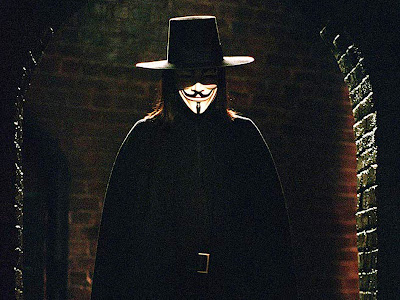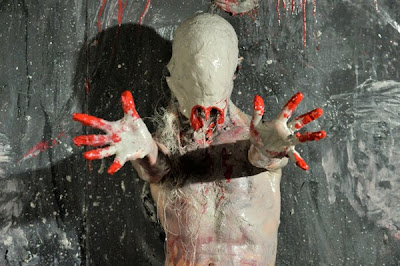An official investigation by the House Select Committee on Assassinations (HSCA), conducted from 1976 to 1979, concluded that Oswald shot President Kennedy as a result of a probable conspiracy. This conclusion of a likely conspiracy contrasts with the earlier conclusion by the Warren Commission that the President was assassinated by a lone gunman.
In the ensuing four decades since the assassination, theories have been proposed or published that detail organized conspiracies to kill the President. These theories implicate, among others, Cuban President Fidel Castro, the anti-Castro Cuban community, Vice President Lyndon B. Johnson, the Mafia, the Federal Bureau of Investigation (FBI), the Central Intelligence Agency (CIA), E. Howard Hunt, and the Eastern Bloc – or perhaps some combination of these.
Others claim that Oswald was not involved at all. Shortly after his arrest, Oswald insisted he was a "patsy". Oswald never admitted any participation in the assassination and was murdered two days after being taken into police custody.
Many researchers have found fault with the official Warren Commission version of events, identifying what they say are inconsistencies and errors in the panel's findings. Some of the authors include Mark Lane, Penn Jones, Jr., Jim Garrison, Jim Marrs, David S. Lifton, Gerald McKnight, Henry Hurt, Michael L. Kurtz, and David Kaiser.
Penn Jones, Jim Marrs and Ralph Schuster have suggested that the number of deaths of people connected with the investigation of the assassination is suspiciously large. Polls have indicated that large numbers of Americans believe there was a conspiracy to kill President Kennedy. These same polls also show that there is no agreement on who else may have been involved. A 2003, Gallup poll reported that 75% of Americans do not believe that Lee Harvey Oswald acted alone.
(read more) (zapruder film) (murder solved)




























